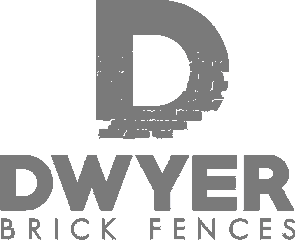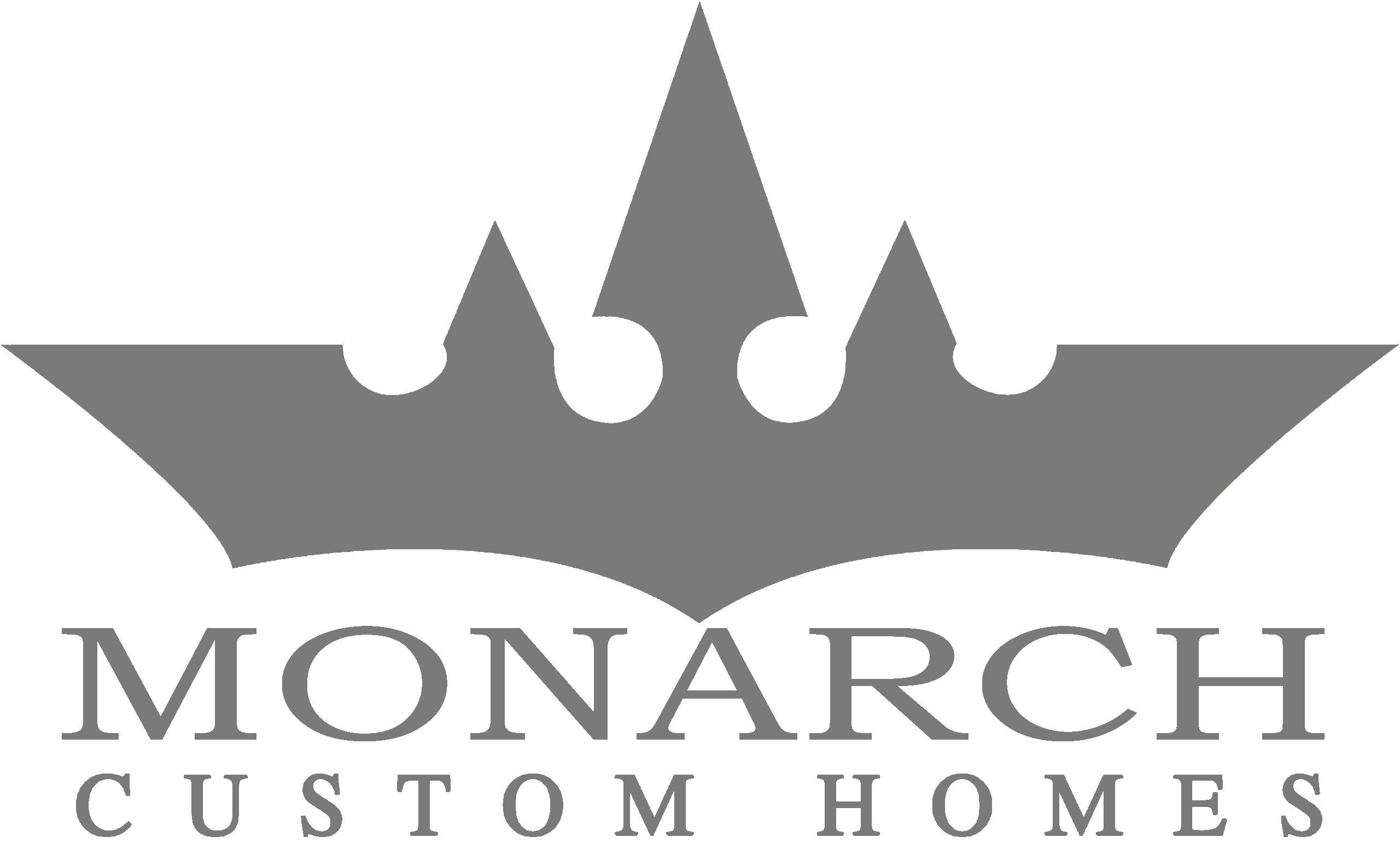
E-commerce SEO
A data-led E-commerce SEO strategy built to fix technical bottlenecks, capture high-intent shoppers, and reduce your reliance on paid ad spend.
Most Online Stores Are Invisible to Google

Running an e-commerce store brings unique challenges that standard SEO strategies simply cannot handle. If you are struggling with stagnant traffic despite having great products, the issue is often hidden in the technical details. Problems like faceted navigation bloat, duplicate content, and poor site architecture can waste your crawl budget and prevent your most profitable pages from ranking. We don't just optimize for traffic; we optimise for revenue. We help you dominate the search results for commercial intent keywords, ensuring that when a customer searches for a product you sell, your store is the first one they see.
Our Revenue-First Methodology
A rigorous four-stage process designed to clean up your code, structure your products, and capture market share.
Technical Audits & Architecture
E-commerce sites are complex. We start by fixing the deep technical issues that kill rankings. We audit your site for crawl budget efficiency, fix canonical tag errors caused by product variants, and ensure your site architecture allows Google to index your inventory without friction. A faster, cleaner site ranks higher.
Category Page Optimisation
Your category pages are your biggest revenue drivers. We transform these from simple product lists into powerful landing pages. By targeting broad, high-volume transactional keywords and implementing strategic internal linking, we ensure these pages capture customers at the start of their buying journey.
Product & Schema Strategy
We ensure Google understands exactly what you are selling. We implement advanced structured data (Schema markup)—including price, availability, and review ratings—to help your products stand out in search results with rich snippets. We also optimise product descriptions to target long-tail keywords and reduce bounce rates.
brands that drive us
Related Service
Search Engine Optimisations from local ranking to global markets.
Client Testimonials
FAQ

Can my business still rank well if Google is showing AI answers?
.svg)













.png)





.svg)

.png)

.png)













.png)















